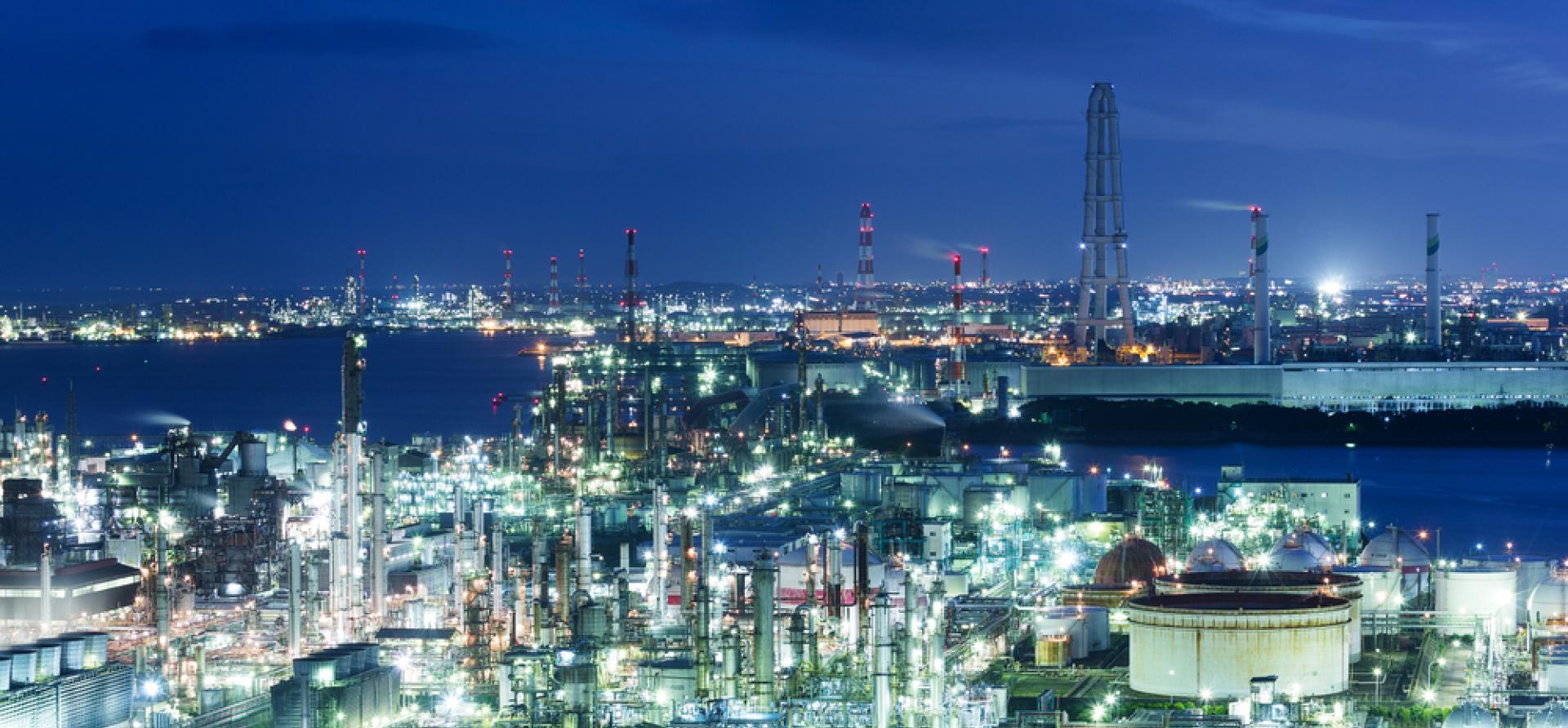Japanese corporates and government policies prioritize global LNG influence over Asia’s energy transition

Japan’s largest gas utility, Tokyo Gas Co., Ltd., recently announced a roadmap for achieving carbon neutrality in its business operations by 2050. The plan involves interim targets to reduce greenhouse gas emissions from 2022 levels by 60% by 2040, largely through renewables deployment and replacing liquified natural gas (LNG) with e-methane.
However, the roadmap applies only to local operations despite the company’s active role in developing LNG infrastructure abroad, particularly in Southeast Asia. This indicates a broader trend: Japanese utilities are increasingly reselling LNG and cultivating demand in emerging markets as domestic gas demand falls.
The Institute for Energy Economics and Financial Analysis (IEEFA) highlighted this trend in a recent report, which found that Japan’s largest utilities could have a large surplus of LNG through 2030. Yet, utilities continue to increase their LNG supply portfolios, driven by government policies designed to maintain the country’s role in global LNG markets. By prioritizing Japan’s LNG market relevancy over decarbonization, these policies undermine the ability of corporates to enable the energy transition both at home and abroad.
A closer look at Tokyo Gas
Japan’s LNG imports peaked in 2014 and fell to their lowest level in a decade last year. Meanwhile, overseas LNG sales by Japanese companies have almost tripled in recent years.
Tokyo Gas, for example, has quadrupled its trading volumes since 2017, and its “ultimate target” is to develop Southeast Asia’s LNG value chain. The company has proposed gas and LNG-related infrastructure throughout the region. It recently announced a 1.5-gigawatt LNG-fired power plant and import terminal project in Vietnam — its second proposed LNG-to-power project there.
In Japan, the company’s gas sales have declined at an average annual rate of 4.5% since 2017. As a result, IEEFA found that Tokyo Gas will face a surplus of contracted LNG volumes through 2030. Despite recent contract expiries, future LNG deals could increase the company’s over-contracted position. Tokyo Gas has committed to purchase 1.3 million tonnes per annum (mtpa) of LNG from TotalEnergies’ Mozambique LNG project.
The company has also signed early non-binding agreements to buy a combined 1.4 mtpa from LNG Canada and Mexico’s Energía Costa Azul export project.
Cancelling these contracts would rebalance Tokyo Gas’ LNG portfolio and help ensure the company’s emissions reduction roadmap expands beyond just the domestic Japanese market. Importantly, Indonesia’s Pertamina recently cancelled its contract with Mozambique LNG without penalty, citing force majeure.
Part of a broader trend
Other utilities are also facing large LNG surpluses and are investing in overseas infrastructure to boost demand for the fuel. Osaka Gas Co., Ltd. has equity interests in AG&P International Holdings Pte. Ltd., which is developing LNG projects in the Philippines, Vietnam, and Indonesia, among other countries.
JERA Co., Inc., Japan’s largest power provider, is increasing its surplus of contracted LNG volumes, even though its own gas needs have fallen at an average rate of 5.7% since 2017. Over that time, the company’s trading volumes have increased from just 0.6 million tonnes (mt) to six mt in 2023.
Earlier this year, JERA announced collaborative activities with Indonesia to develop the LNG value chain across the country. In 2022, the company proposed a massive 4.5 gigawatts (GW) LNG-fired power plant and import terminal in Vietnam in partnership with ExxonMobil.
JERA is also actively acquiring new LNG supplies. In February, the company acquired a 15.1% stake in Woodside Energy’s Scarborough gas field in Australia, which feeds the Pluto LNG export facility. In May 2022, JERA finalized the purchase of a 12.5% stake in Santos’ Barossa gas field, which supplies the Darwin LNG export plant. The Japan Bank for International Cooperation (JBIC) provided financing for both purchases.
A problem of policy
Government policy is explicitly directing Japanese buyers to maintain their influence on global LNG transactions and cultivate markets overseas.
Despite declining domestic demand, Japan’s Ministry of Economy, Trade and Industry set a target for Japanese companies to transact 100 mt of LNG by 2030 and develop LNG projects in South and Southeast Asia.
Japan’s Asia Zero Emission Community (AZEC) is also promoting LNG demand in emerging Asia. Although the platform claims to champion various pathways to carbon neutrality, in practice, it appears to lead to an LNG-heavy energy mix that suspiciously mimics Japan’s own.
The country is also among the world’s largest public financiers of gas projects. Government agencies like JBIC and the Japan Organization for Metals and Energy Security have supported investments in the gas and LNG value chain via equity injections, loans, and guarantees.
Japan’s pursuit of maintaining an influence in the LNG market will make it impossible for companies like Tokyo Gas to achieve true carbon neutrality and risks jeopardizing decarbonization goals throughout Asia.
Abandoning LNG transaction targets and refocusing financing programs away from the gas value chain would enable Japanese companies to play a more constructive role in deploying clean energy technologies.
Unless Japanese policymakers and companies address their role in promoting fossil fuels abroad, corporate strategies like Tokyo Gas’ latest emissions roadmap will never be truly net-zero.
















